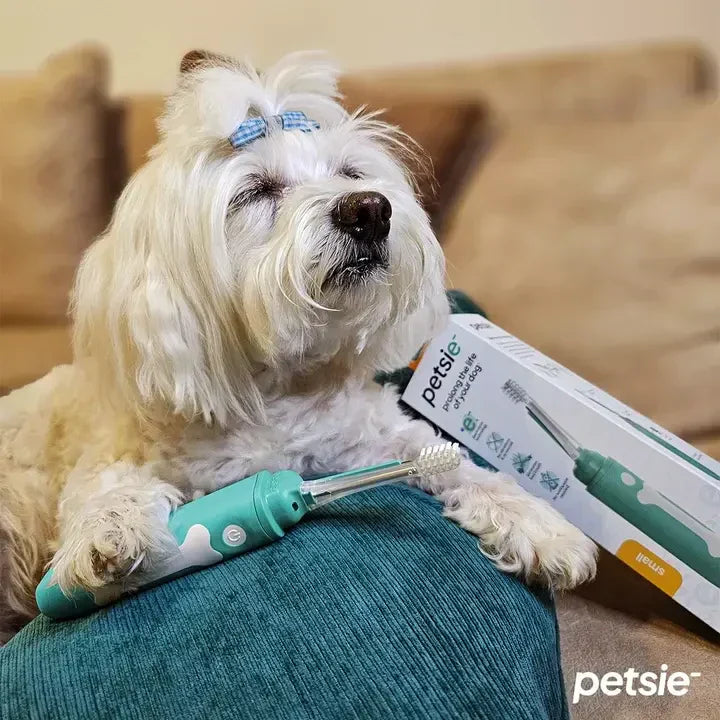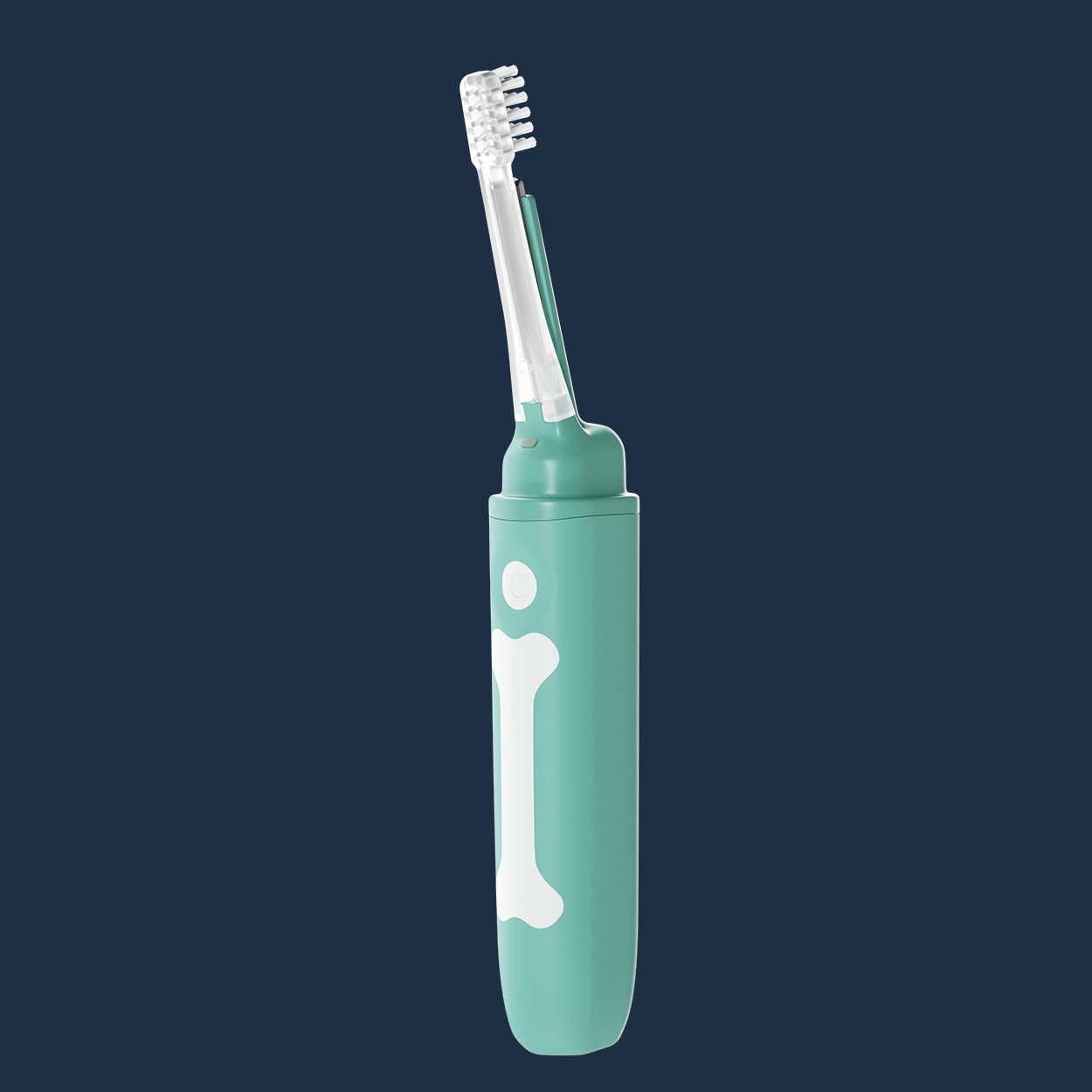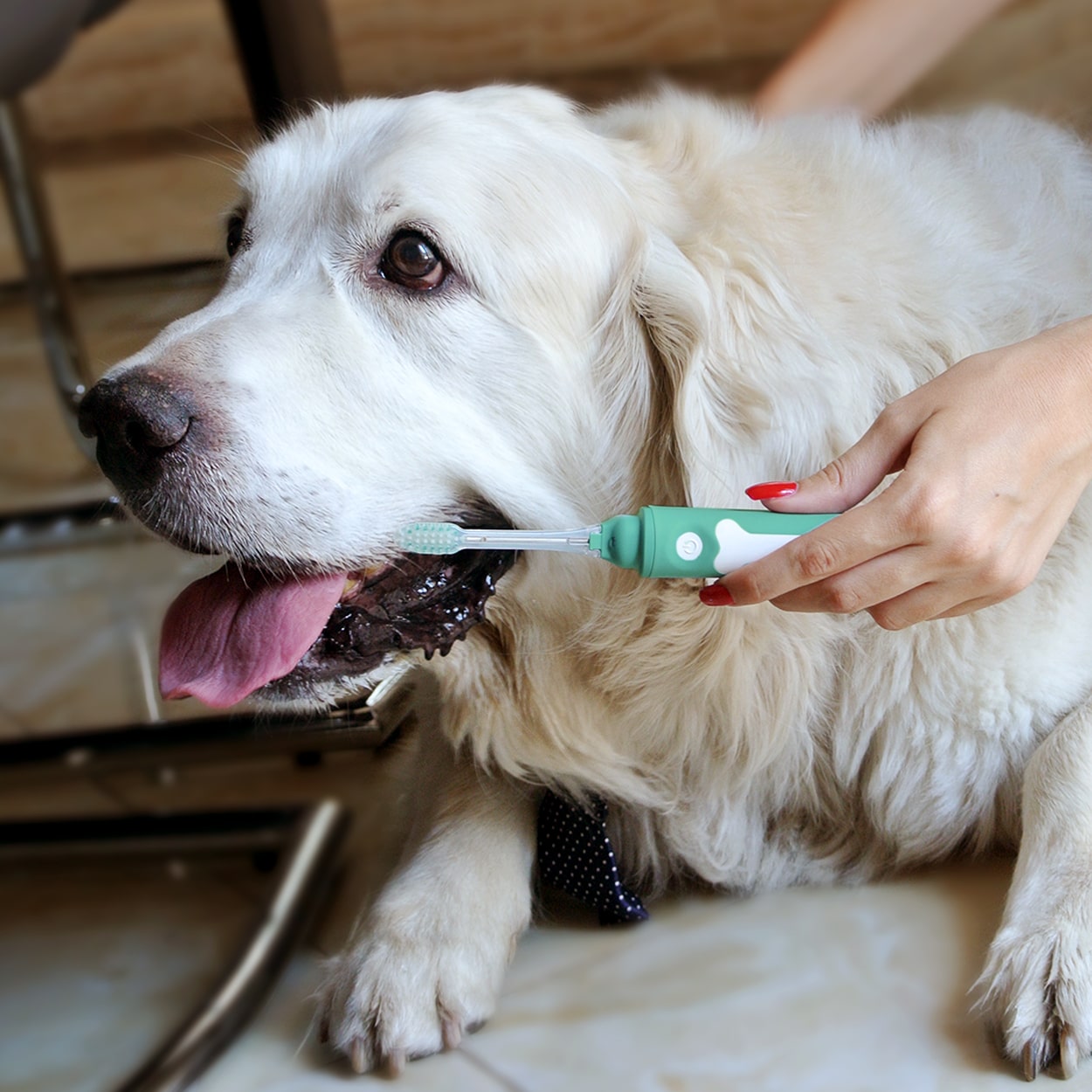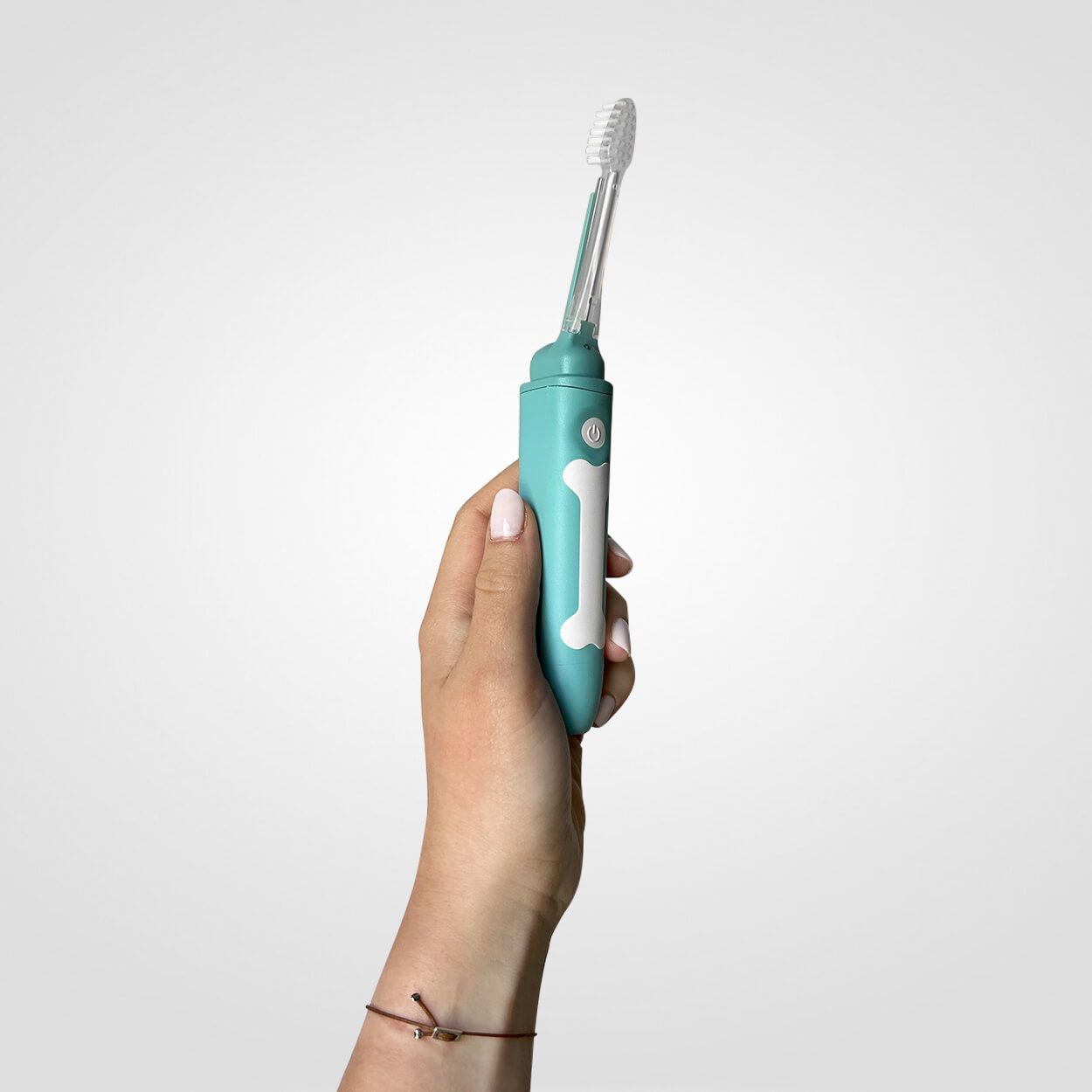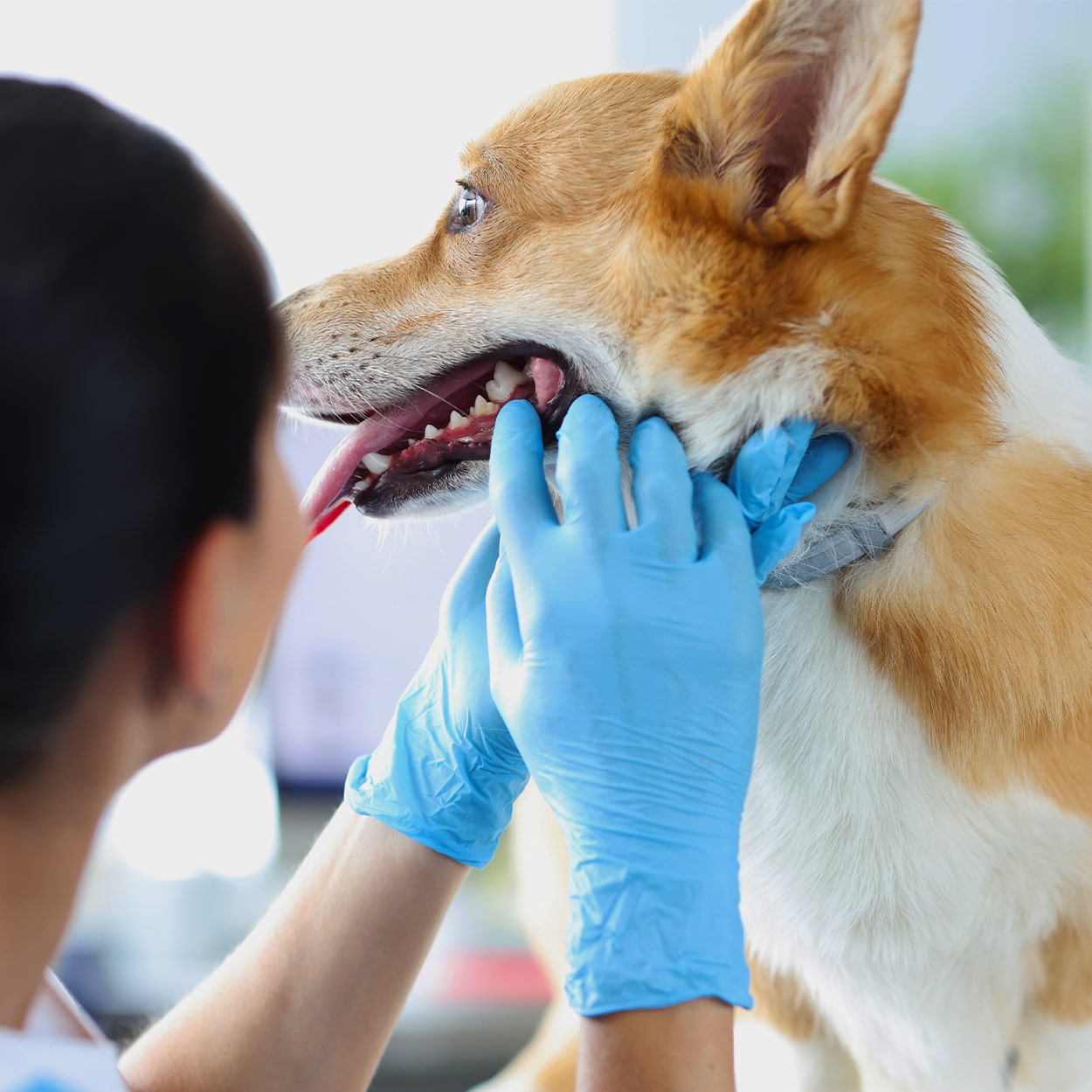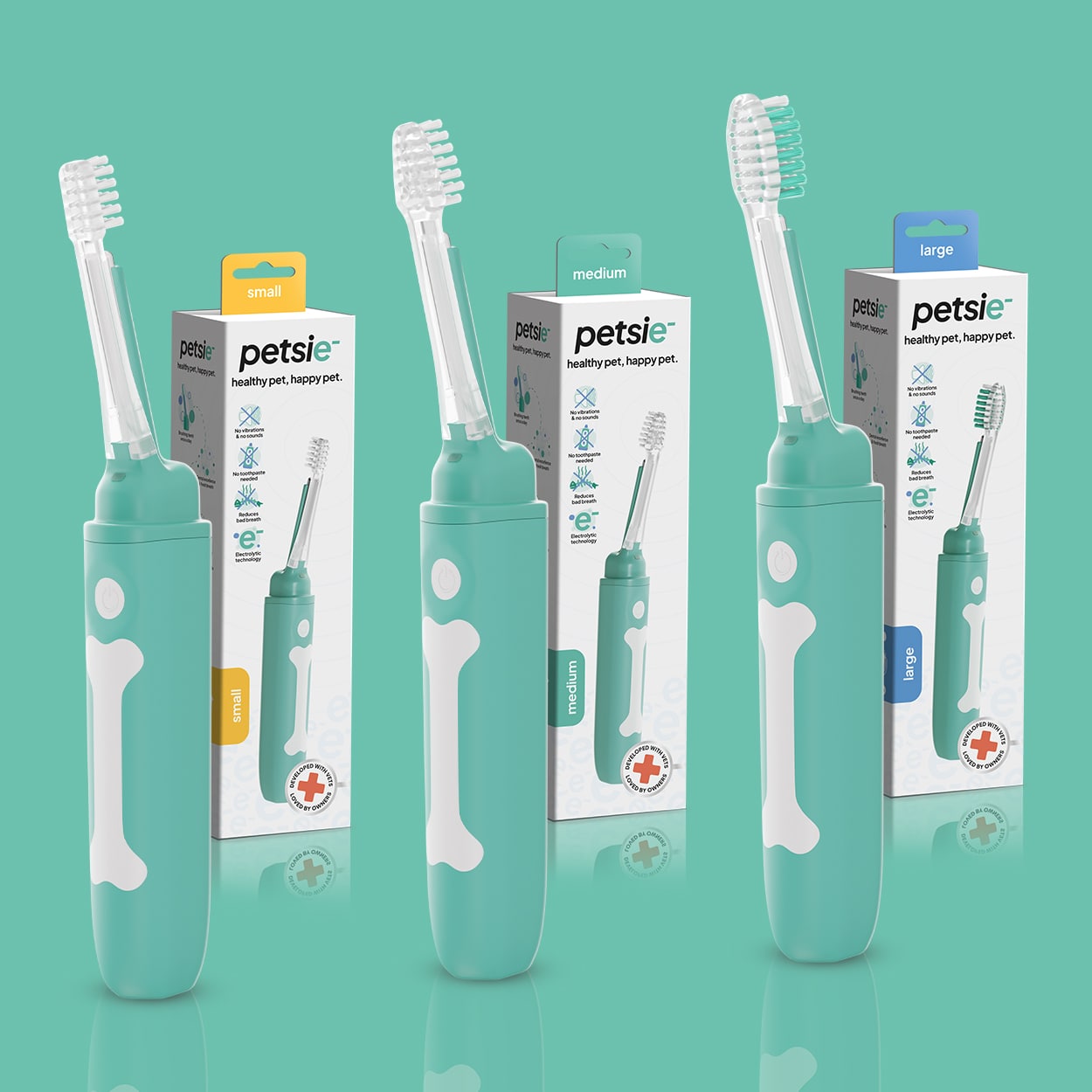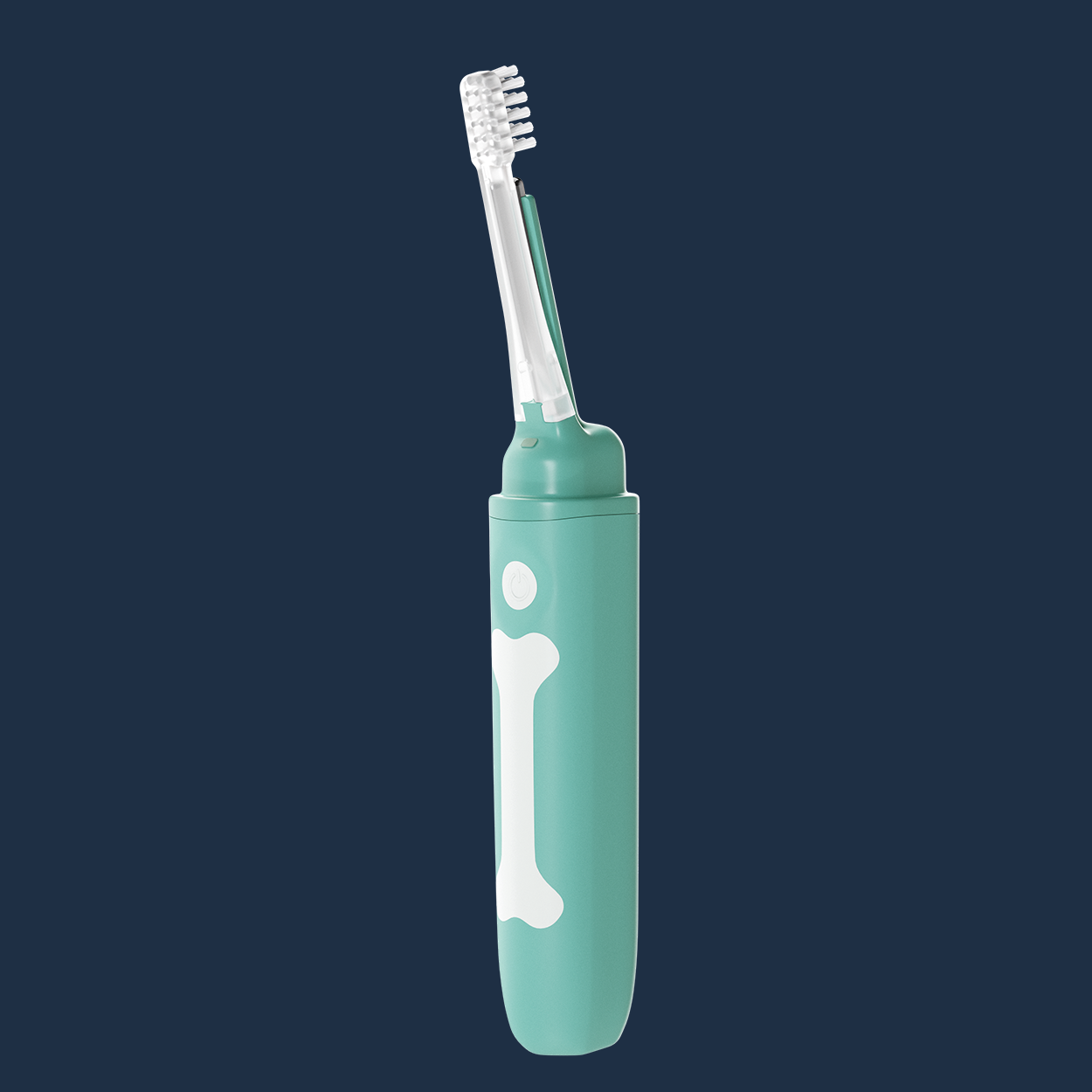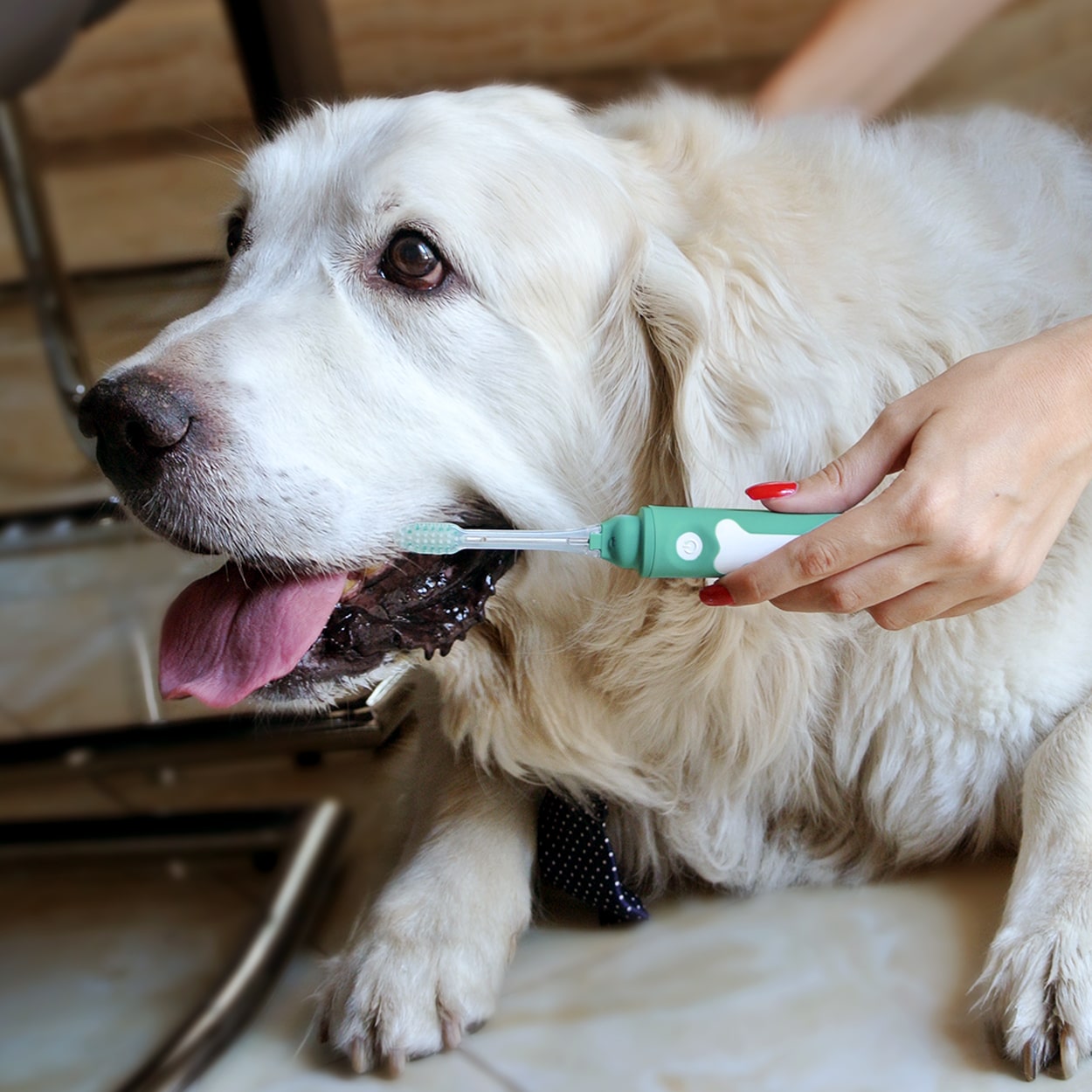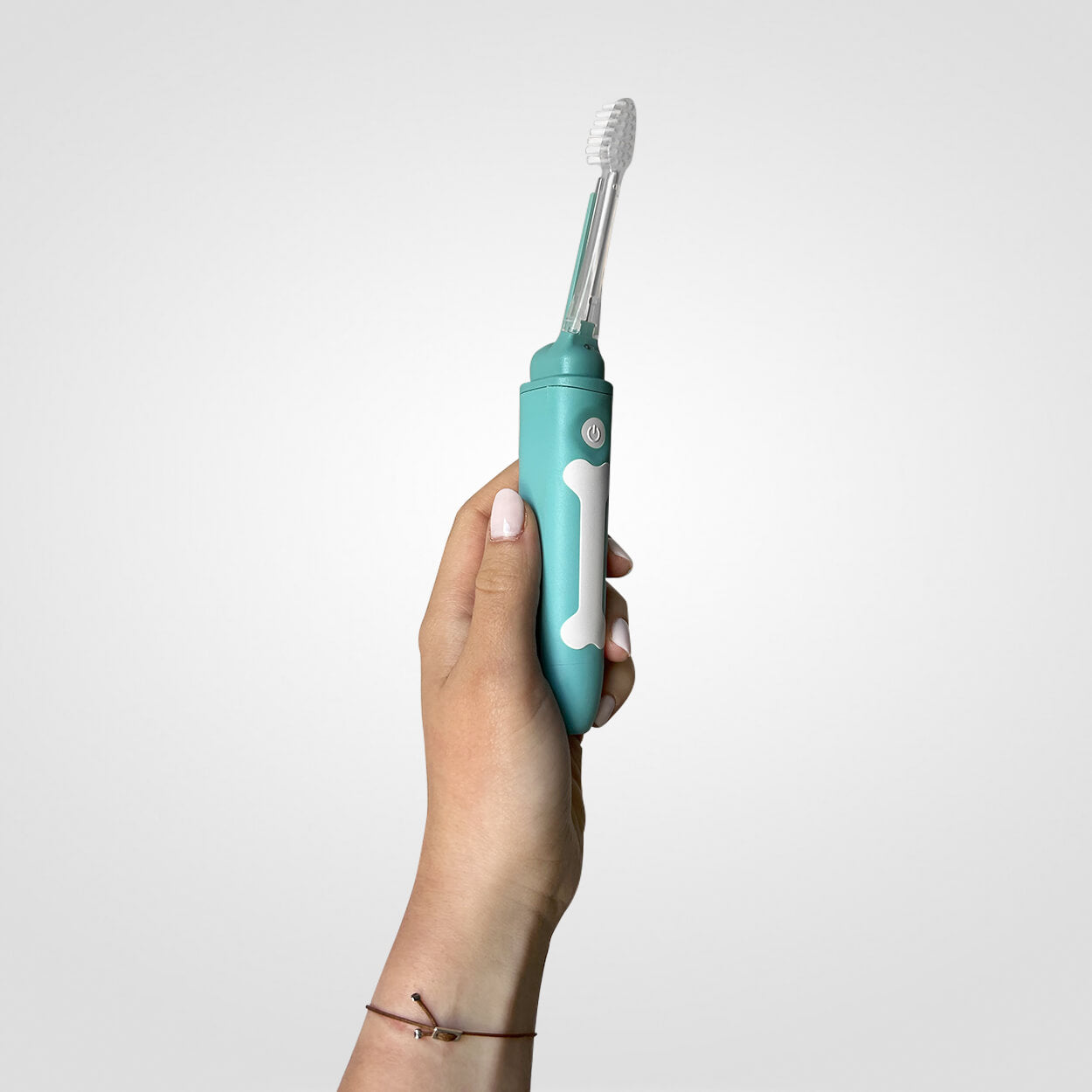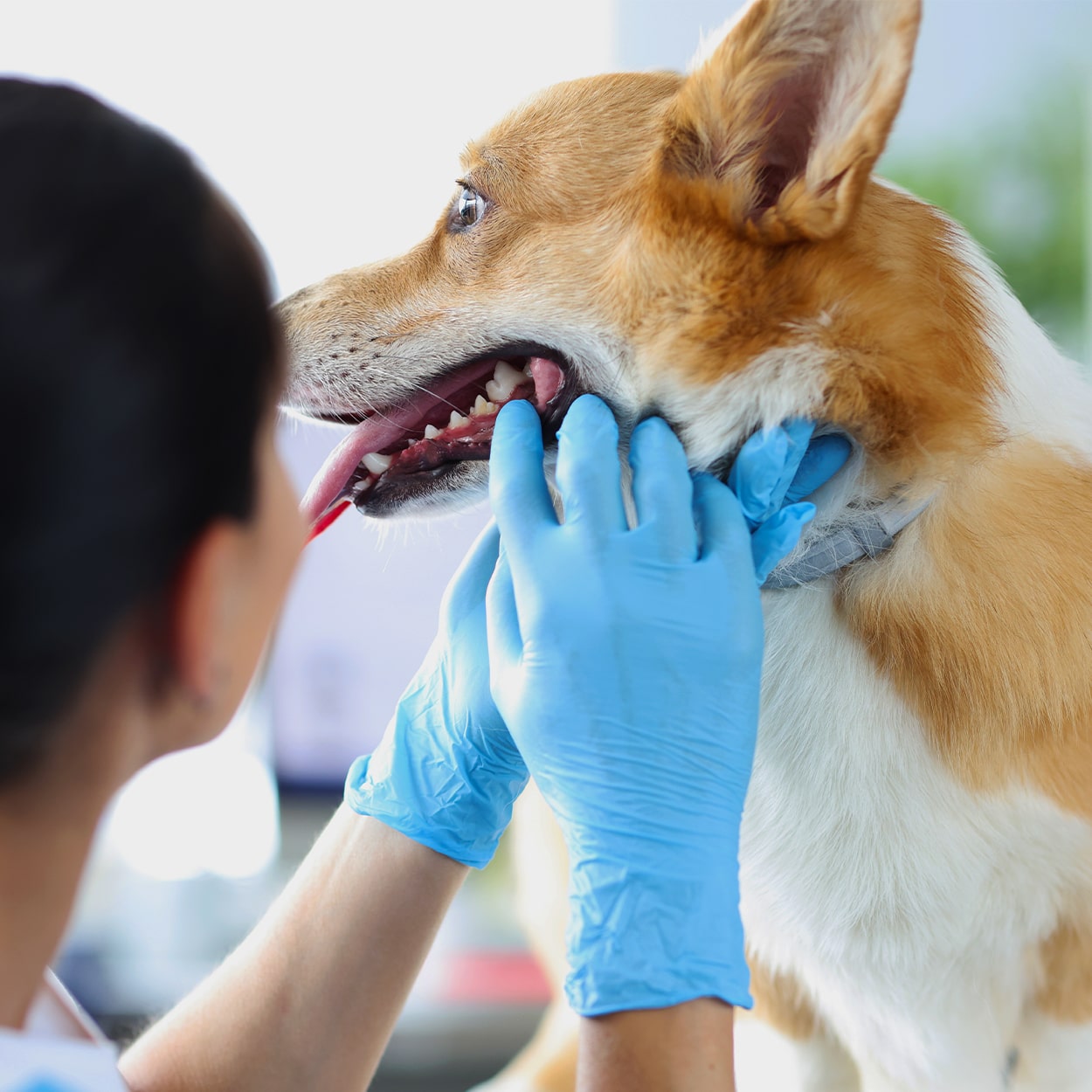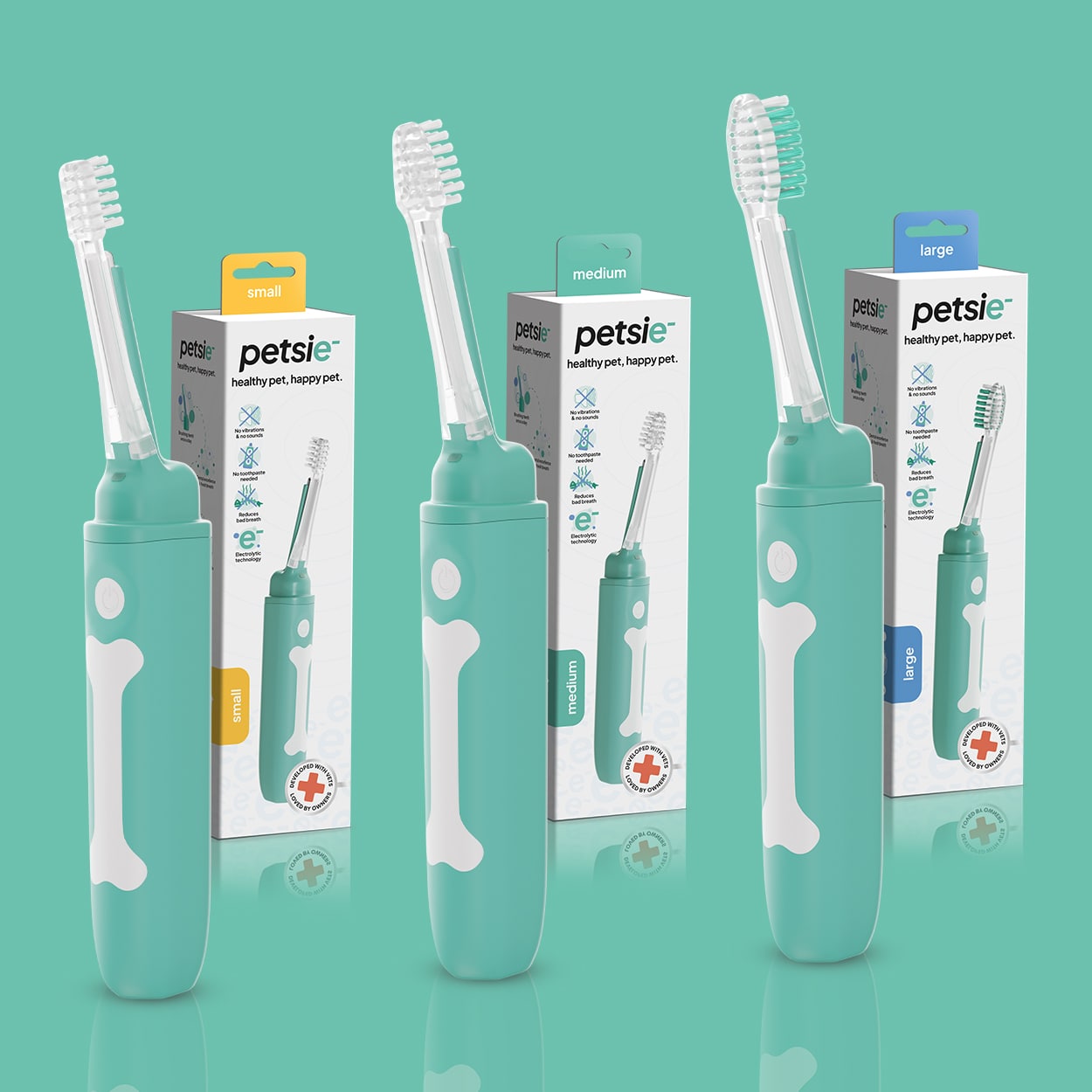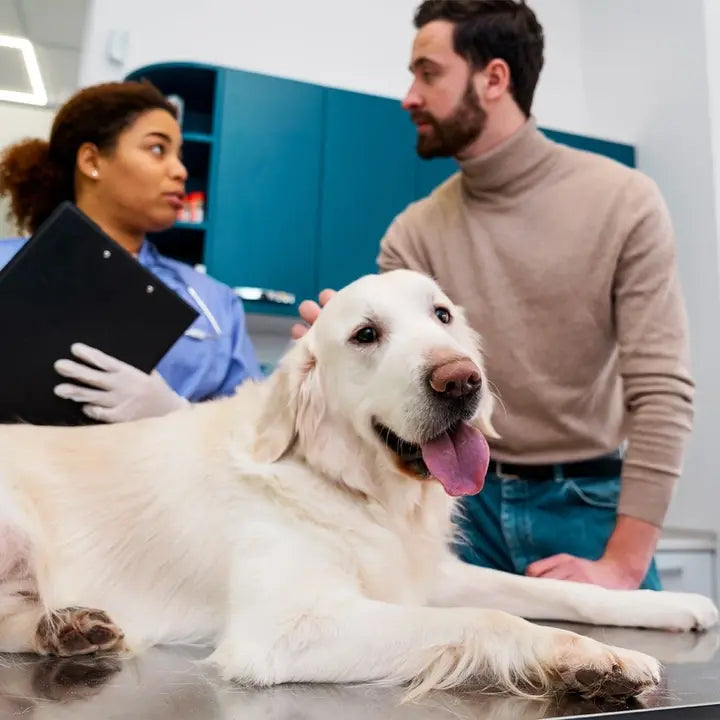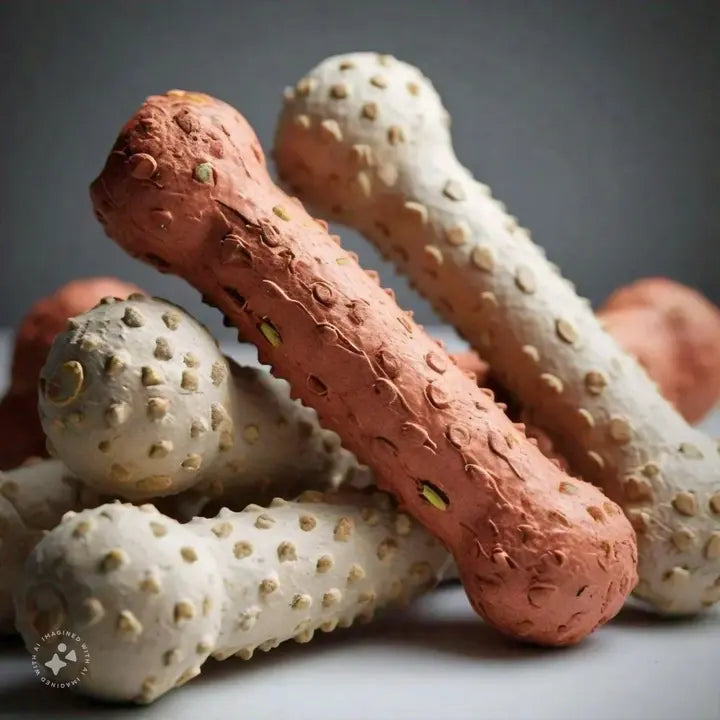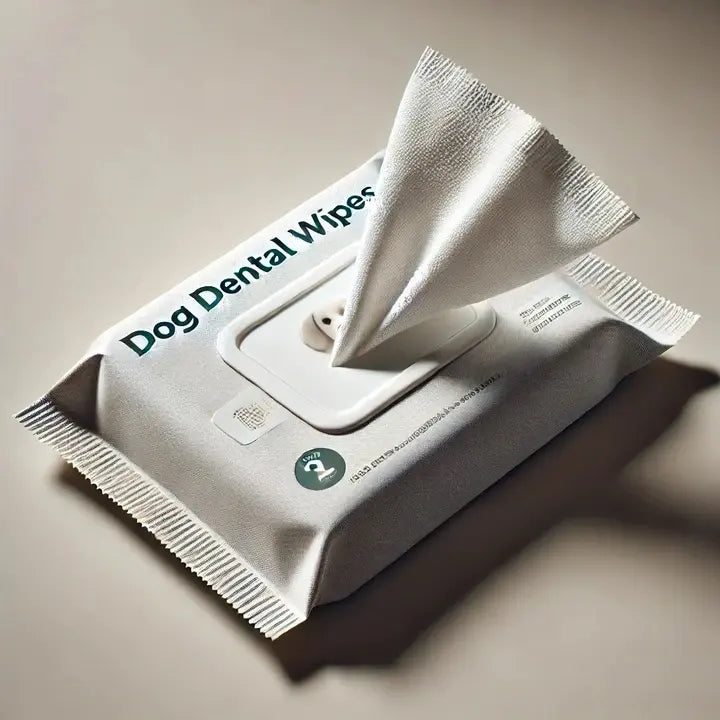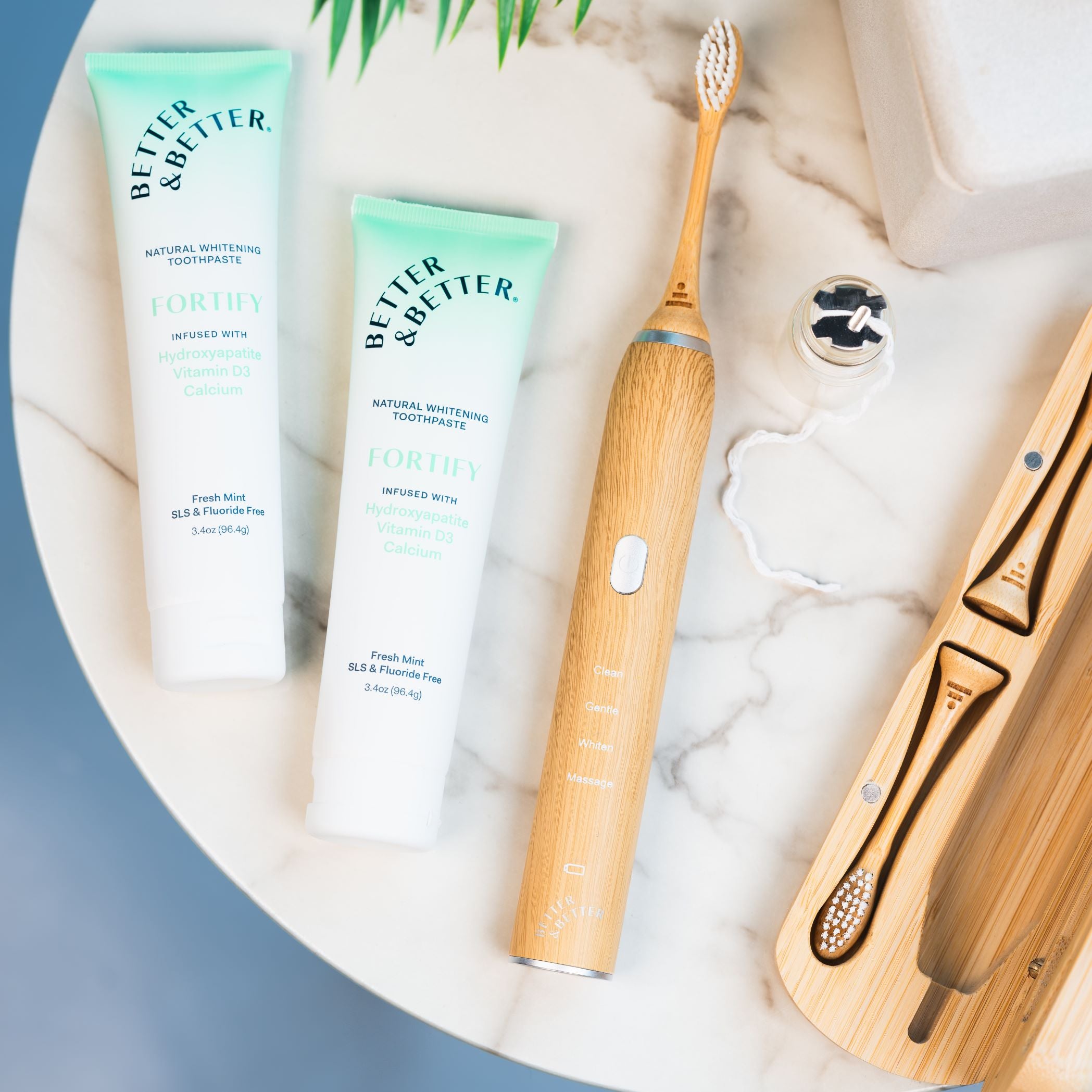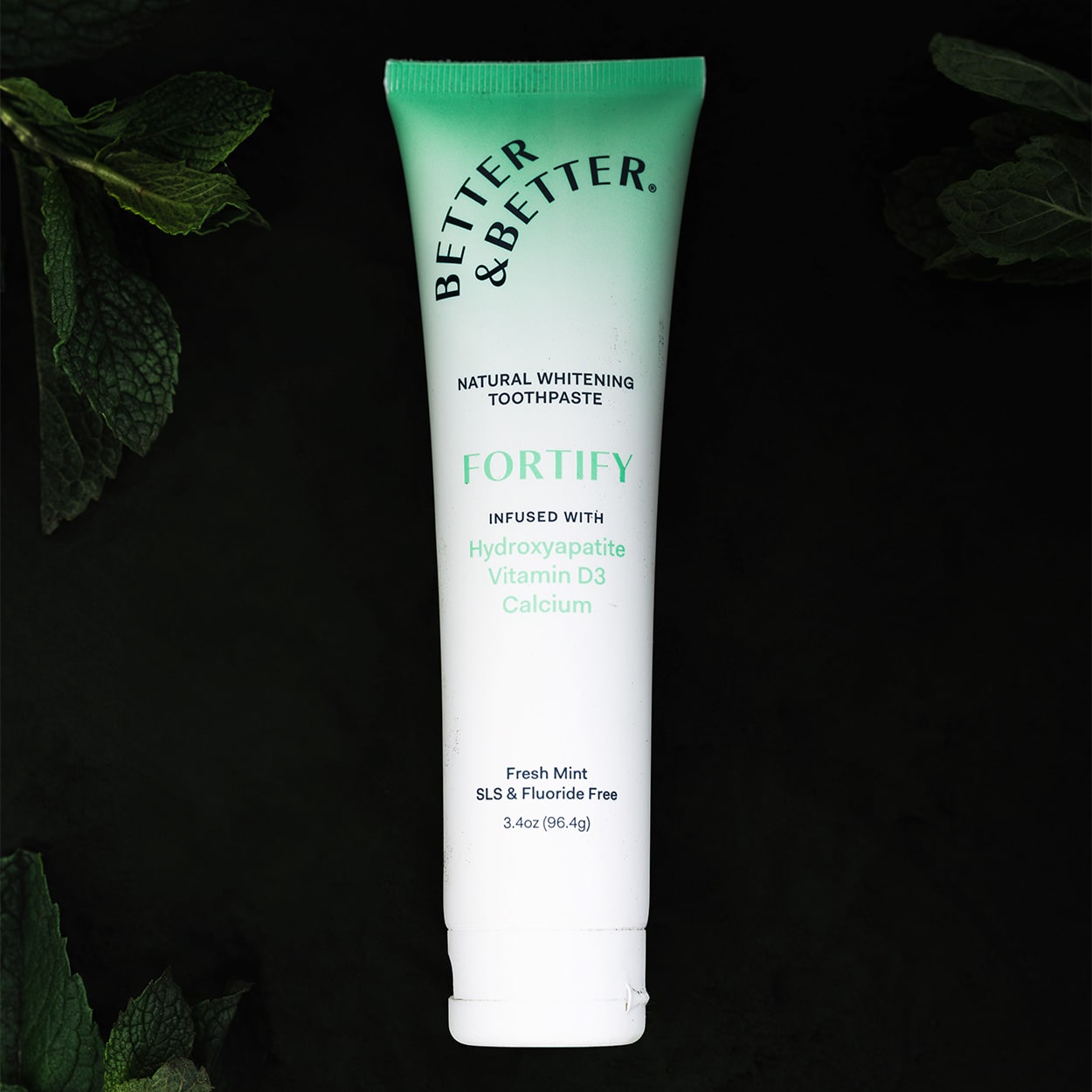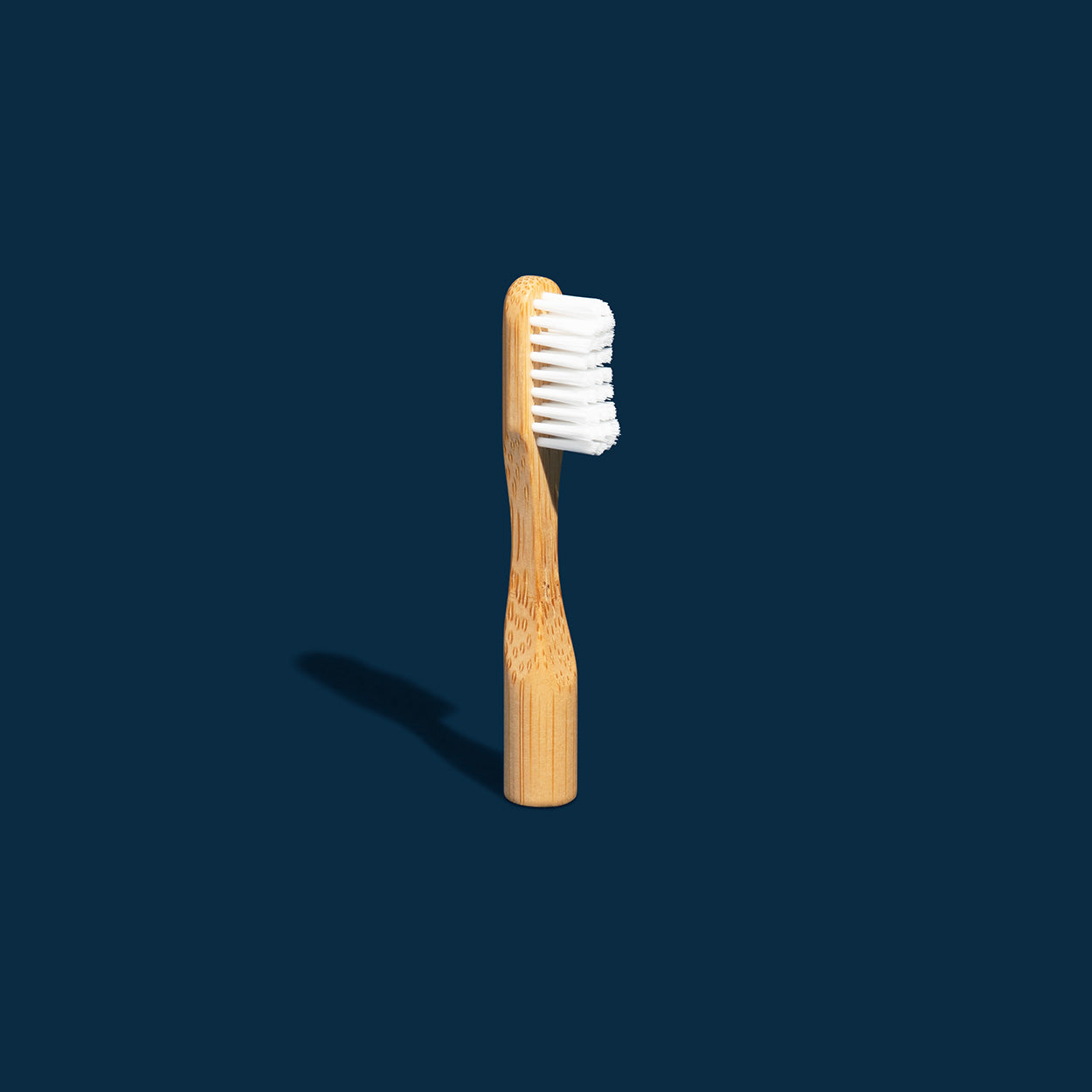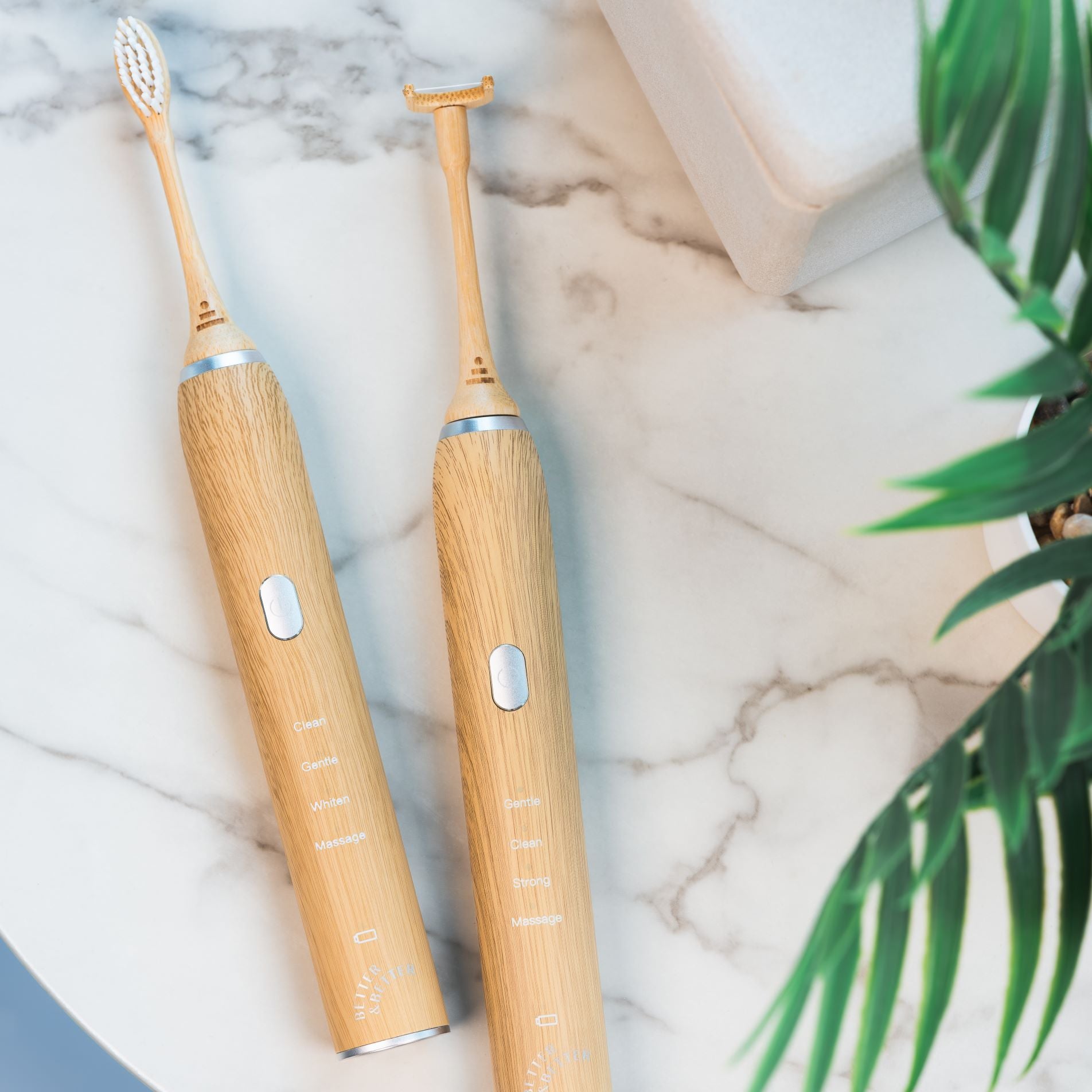Dental care is an essential aspect of your dog’s overall health. Just like humans, dogs can suffer from plaque buildup, gum disease, and other oral issues if their teeth are not properly maintained. This comprehensive guide to dog dental care covers everything you need to know to keep your pet’s mouth clean, fresh, and healthy.
Why Dog Dental Care Matters
Good dental hygiene doesn’t just prevent bad breath—it also protects your dog from serious health issues. Plaque buildup can harden into tartar, leading to gingivitis and periodontal disease, which, if untreated, can cause infections that spread to other organs. Regular dental care helps prevent these issues, keeping your dog healthier overall. For more details on the importance of dental care, read our importance of regular teeth cleaning for dogs.
1. Regular Brushing
Brushing your dog’s teeth is one of the most effective ways to keep their mouth healthy. Aim to brush at least 2-3 times per week, and ideally every day. Using a specialized toothbrush, such as the Petsie Electric Dog Toothbrush, can make brushing easier and more effective. This brush’s electrolytic technology gently removes plaque without vibrations, noise, or toothpaste, making it ideal for dogs sensitive to traditional brushes.
2. Incorporating Dental Chews
Dental chews are a convenient way to reduce plaque as your dog enjoys a treat. Many chews are designed with textures that naturally scrape plaque off teeth, promoting cleaner gums and fresher breath. For recommendations, check out our top dog dental chew toys guide.
3. Using Dental Wipes
If brushing is difficult, dental wipes offer a quick solution to clean your dog’s teeth and gums. They’re particularly useful for removing surface plaque and can be used in between brushing sessions. Visit our dog dental wipes guide for the best options.
4. Professional Dental Cleanings
While at-home care is essential, professional cleanings provide a deeper clean that’s hard to achieve on your own. Your veterinarian can reach areas below the gum line, reducing the risk of periodontal disease. Most vets recommend annual dental cleanings, though frequency may vary depending on your dog’s age and health.
5. Signs Your Dog May Need Better Dental Care
Being aware of the signs of poor dental health can help you address issues early. Look out for persistent bad breath, red or swollen gums, and difficulty chewing. For a full list of warning signs, see our article on signs your dog needs improved dental care.
Establishing a Dental Care Routine
Integrating dental care into your routine may seem daunting, but with the right tools and practices, it becomes easier over time. Start with regular brushing and add in dental wipes or chews as needed. For step-by-step guidance on using an electric toothbrush, read our electric dog toothbrush guide.
Additional Tips for Optimal Dog Dental Health
Commit to Your Dog’s Dental Health
Committing to a consistent dental routine will help protect your dog from painful dental issues and systemic health problems. By integrating methods like brushing, dental chews, and regular check-ups, you can ensure your dog’s mouth stays healthy and clean. Explore our complete guide to dog teeth cleaning for more tips and tools to support your pet’s oral health.
Take charge of your dog’s dental care today, and give them the gift of long-lasting health and comfort!


